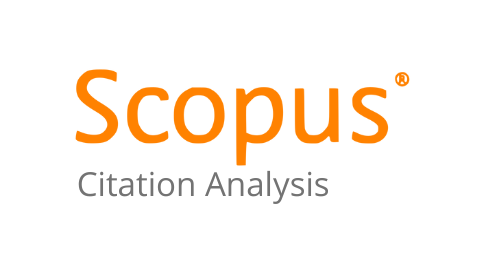The Acehnese Literature and Social Behavior
DOI:
https://doi.org/10.63924/joas.v1i1.45Keywords:
Aceh, Literature, Behavior, Social, CultureAbstract
This research essay analyzes the relationship between Acehnese literature and social behavior. Writing in Acehnese has served as a vehicle for contemplating Aceh's political and human conditions, particularly in the aftermath of the tsunami and post-conflict periods. With data from sociolinguistic analysis, netnography interviews, and literature evaluations, the study used a descriptive qualitative research approach. The results demonstrate that reading Acehnese literature can be seen as both a cultural battle within the reading community and a vehicle for political purification and introspection. Along with these language variations, the study looks at slang, idiolect, dialect, and acrolectal in both North and West Acehnese. According to the report, there are active Acehnese groups in Malaysia that participate in social events, such as celebrating Islamic holidays. The survey also indicated that the use of local language in public spaces like as coffee shops is still less desirable amongst youth in Aceh. The study comes to the conclusion that social behavior and cultural identity are strongly correlated with Acehnese language and literature.
References
Gaillard, J., Clavé, E., Vibert, O., , A., , D., Denain, J., Efendi, Y., Grancher, D., Liamzon, C., Sari, D., & Setiawan, R. (2008). Ethnic groups’ response to the 26 December 2004 earthquake and tsunami in Aceh, Indonesia. Natural Hazards, 47, 17-38. https://doi.org/10.1007/S11069-007-9193-3.
Lee-Koo, K. (2015). Marjaana Jauhola. Post-Tsunami Reconstruction in Indonesia: Negotiating Normativity through Gender Mainstreaming in Aceh. International Feminist Journal of Politics, 17, 185 - 186. https://doi.org/10.1080/14616742.2014.987496.
Tabacco, G. (2018). “When I saw the elephants”: extraction of minerals and gendered precariousness in the Acehnese landscapes. , 5, 97-112. https://doi.org/10.14672/ADA2018138997-112.
Kasim, F., & Nurdin, A. (2021). Religion as a Social Capital in Realizing Disaster Resilience in Aceh. . https://doi.org/10.2991/ASSEHR.K.210125.037.
Mujib, I., Abdullah, I., & Nugroho, H. (2013). “ISLAM” IN THE GLOBAL VILLAGE: Post-Tsunami Dialog and Negotiation of Aceh Identity. Al-Albab, 2. https://doi.org/10.24260/ALALBAB.V2I2.37.
Wahid, U. (2013). THE FUNCTION OF MEUNASAH IN SOCIAL CULTURAL COMMUNICATION PROCESS WITHIN ACEHNESS SOCIETY. Journal of Human Capital Development, 6, 151-167.
sofyan, z., & Jafar, A. (2021). HIKAYAT ‘ANEUK YATIM’ (Kajian Sosiologi Sastra Melalui Pendekatan Dialektika). , 23, 119-135. https://doi.org/10.22373/ADABIYA.V23I1.9036.
Hafnidar, H., Junita, N., & Ratna, R. (2017). A Study on the Forgiveness Concept of Aceh Conflict Victims. , 7, 849. https://doi.org/10.5220/0007097403160320.
Sahlan, M., Fajarni, S., Ikramatoun, S., Kamil, A., & Ilham, I. (2019). The Roles of Ulama in the process of Post-Conflict Reconciliation in Aceh. Society, 7, 251-267. https://doi.org/10.33019/society.v7i2.106.
Adji, A. (2011). SOCIAL ECONOMIC INTEGRATION IN ACEH: PRIOR-POST TSUNAMI. , 14, 51-62. https://doi.org/10.14203/widyariset.14.1.2011.51-62.
Published
How to Cite
Issue
Section
License
Copyright (c) 2024 Fitriya Munidar

This work is licensed under a Creative Commons Attribution-ShareAlike 4.0 International License.


.png)
.png)
.png)
.png)

.png)
.png)
.png)
.png)
.png)
.png)
.png)
.png)
.png)
.png)
.png)
.png)
.png)

.png)
.png)

















%20-%20Copy.png)











